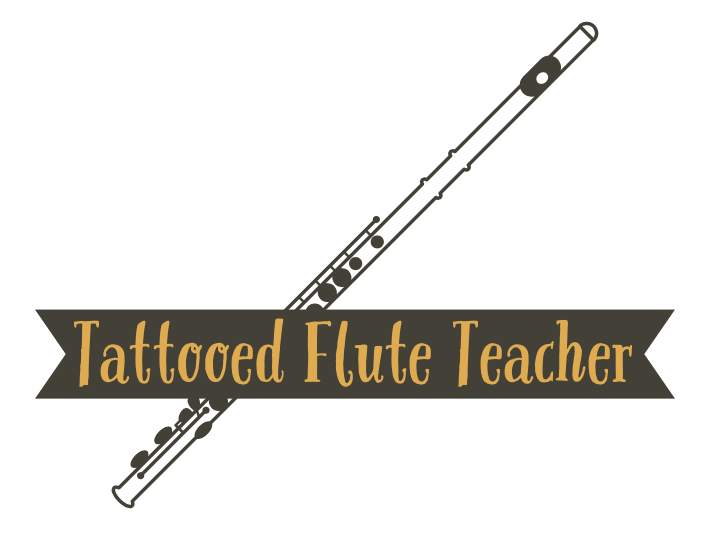How to Introduce Your Homeschooled Child to Music
A well-rounded education is important for every child, regardless of whether they attend a traditional public school, are homeschooled, or follow an alternative learning path like unschooling. One essential but sometimes overlooked component of a strong education is the arts—especially music.
Music education provides countless benefits for young learners. Not only does it encourage creativity, but it also supports brain development in areas such as fine motor skills, memory, and emotional intelligence. If you're looking for ways to incorporate music into your homeschool curriculum, here are some great options to explore.
1. Private Lessons on a Specific Instrument
If your child has an interest in learning an instrument, private lessons are a fantastic way to build a solid foundation. Working one-on-one with a teacher allows for personalized instruction and progress at the student's own pace. If you're considering flute lessons, click here to learn more about my offerings!
2. Group Music Classes
For younger children, group music and movement classes or kinder music programs introduce musical concepts in a fun, interactive way. These classes often focus on rhythm, singing, and basic music theory while incorporating movement to keep little ones engaged.
For older beginners, group instrument classes—such as piano, ukulele, or flute—offer a more structured introduction to playing an instrument in a social setting.
3. Community Music Opportunities
Many homeschool and charter school programs partner with local music organizations to offer band and orchestra classes. Programs like Miller Music Academy provide excellent group learning experiences, allowing homeschool students to make music with their peers. Community bands, youth orchestras (which typically require auditions), and even casual ensembles are also great options for students who have developed some proficiency on their instruments.
4. Online Music Education Options
If in-person lessons aren’t the right fit, many teachers offer online options, including private lessons, music theory classes, and specialized courses. Virtual learning makes high-quality music instruction accessible no matter where you live.
5. Funding Music Education Through Homeschool Charters
Some homeschool charters and educational funding programs will cover the cost of music lessons, group classes, or instrument rentals. If your family has access to these resources, be sure to ask teachers and organizations whether they accept these funds.
Get Started Today!
No matter what approach you take, giving your child the opportunity to explore music will have lasting benefits. Whether through private lessons, group classes, or community programs, music education fosters creativity, discipline, and joy—all invaluable gifts for any young learner.
Do you have questions about getting started with flute lessons? Click here to learn more about my online and in-person offerings!

